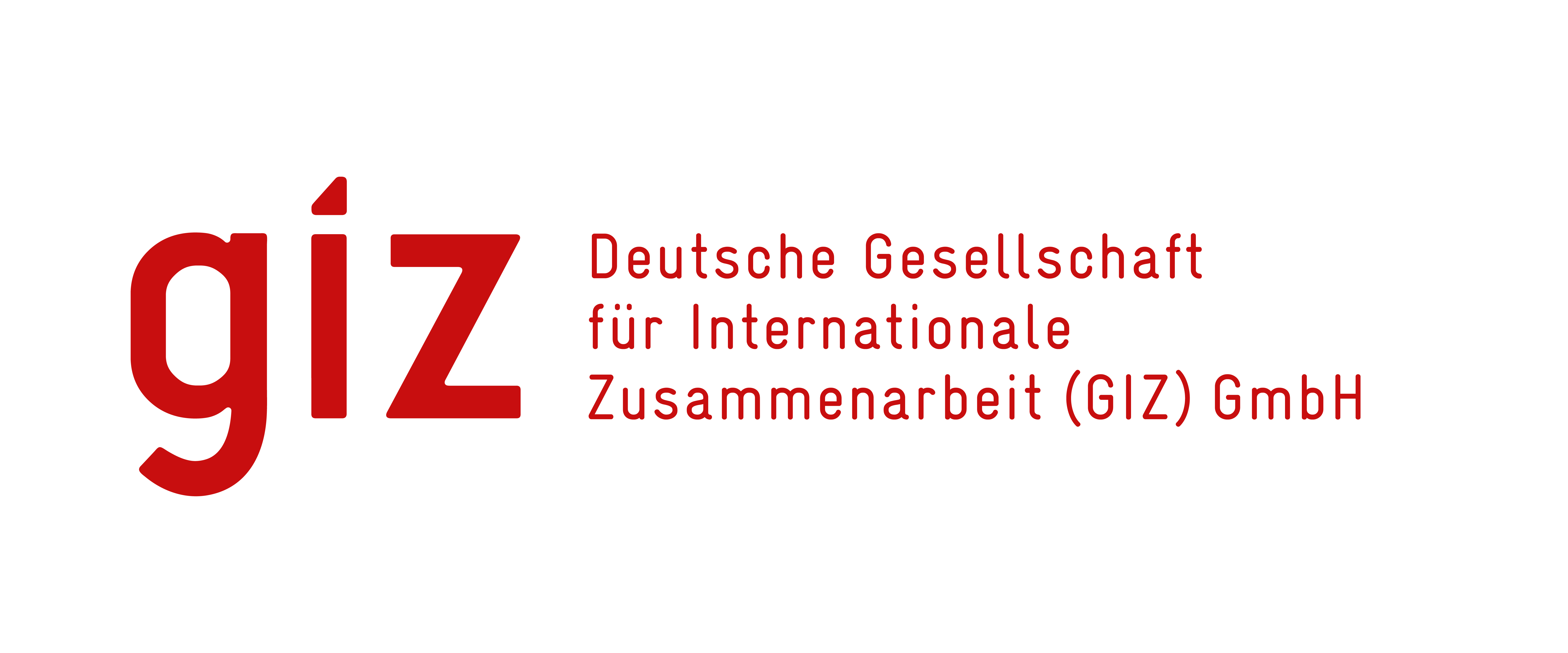Fossil Fuel Subsidy Reform Could Reduce CO2 Emissions Equivalent to Those of 1,000 Coal-Fired Power Plants While Saving USD 3 Trillion—New Report
In some countries, reforming subsidies to fossil fuel consumption could reduce emissions by up to 35%.
July 5, 2021—Reforming fossil fuel consumption subsidies in 32 countries could reduce global greenhouse gas emissions by almost 5.46 billion tonnes of CO2 by 2030, equivalent to the annual emissions of about 1,000 coal-fired power plants or 3.8 billion cars, according to a new report from the International Institute for Sustainable Development (IISD). The report finds that these reforms would also save governments nearly USD 3 trillion cumulatively by 2030.
Across all countries analyzed, including a combination of the world’s largest economies and the biggest subsidizers of fossil fuel consumption, fossil fuel subsidy reform would lead to average annual emission reductions of 6% by 2030. In some countries, such as Venezuela, Iraq, and Algeria, national emissions could be reduced by over 20% by fossil fuel subsidy reform alone.
“As governments urgently look for ways to ramp up ambition on climate action and green recovery, fossil fuel subsidy reform is a powerful tool that can both lower emissions and help finance the energy transition,” says IISD Policy Analyst Jonas Kuehl, lead author of the report. “So is the taxation of fossil energy. Yet only a handful of countries are taking advantage of these options.”
The report also models a scenario in which consumer fossil fuel subsidy reform is paired with introducing a modest fuel tax on fossil energy, assuming parts of both the savings from subsidy reform as well as from the revenue generated by the tax would be allocated to energy efficiency and renewable energy. Taking all of these actions together could lead the same countries to reduce global emissions by 10.42 billion tonnes of CO2 (equivalent to the annual emissions of 2,000 coal-fired power plants or 7.2 billion cars) by 2030 and double their annual national emission reductions to almost 12% on average, the study shows.
“Looking at Nationally Determined Contributions (NDCs) under the Paris Agreement, far more countries have committed to increasing subsidies to renewable energy than reforming subsidies to fossil fuels. But the benefits of renewable energy subsidies can be cancelled out if countries continue to support fossil fuels at the same time,” says IISD Transitions Lead and report co-author Philip Gass.
Fossil fuel subsidies undermine efforts to mitigate climate change by artificially lowering the price of fossil fuels, thereby encouraging the consumption of fossil energy and making fossil fuel investments more competitive compared to investments in low-carbon alternatives, such as renewables or electric vehicles. Reforming these subsidies increases the price of fossil fuels, which results in lower consumption and a switch to then-cheaper alternatives. Although higher prices have overall economic and climate benefits, they also can have negative social impacts, which governments should mitigate through targeted programs to protect the vulnerable.
“Pledges made in current NDCs will lead to at least a 3°C warming by the end of the century,” says Kuehl. “Subsidy reform is one of the many key emission reduction tools available to help us strengthen NDC ambition. In the lead-up to COP 26, governments need to make sure they are using every tool in the toolbox to get ahead in the race to net-zero emissions—and our study shows that fossil fuel subsidy reform can make a real difference.”
About IISD
The International Institute for Sustainable Development (IISD) is an award-winning independent think tank working to accelerate solutions for a stable climate, sustainable resource management, and fair economies. Our work inspires better decisions and sparks meaningful action to help people and the planet thrive. We shine a light on what can be achieved when governments, businesses, non-profits, and communities come together. IISD’s staff of more than 250 experts come from across the globe and from many disciplines. With offices in Winnipeg, Geneva, Ottawa, and Toronto, our work affects lives in nearly 100 countries.
You might also be interested in
Cutting Emissions Through Fossil Fuel Subsidy Reform and Taxation
Modelling the results of 32 countries shows that fossil fuel subsidy reform saves countries 6% of emissions on average while generating significant subsidy savings as co-benefits.
Achieving a Fossil-Free Recovery
This report lays out concrete options for governments to achieve net-zero and sustainable development goals by using recovery spending to support the transition to clean energy and a resilient, fossil-free economy.
How to Target LPG Subsidies in India: Step 2. Evaluating policy options in Jharkhand
This report considers options for subsidy targeting in India by using a survey of over 900 households to analyze the distribution of LPG subsidies in the state of Jharkhand.
Making Sense of Trade Turbulence
Suddenly, the world wants to know more about tariffs. Meanwhile, even the most seasoned trade experts are trying to better understand the unprecedented trade policy decisions coming out of Washington. Alice Tipping explains.
